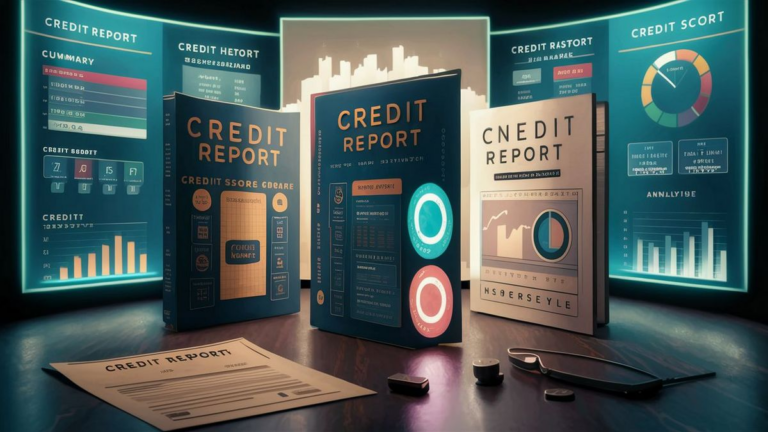When it comes to managing your finances, understanding your credit report is essential. Your credit report contains information about your credit history, including your payment history, credit accounts, and any outstanding debts. But with several credit reporting agencies out there, you might wonder which one you should turn to for your credit report.
Understanding Credit Reporting Agencies
Credit reporting agencies, also known as credit bureaus, collect and maintain information about consumers’ credit histories. The three major credit reporting agencies in the United States are Equifax, Experian, and TransUnion. These agencies gather data from various sources, including lenders, creditors, and public records, to compile credit reports.
Key Differences Between Credit Reporting Agencies
While all three major credit reporting agencies serve a similar purpose, there are some differences in the information they provide and how they calculate credit scores:
| Credit Reporting Agency | Key Features |
|---|---|
| Equifax | Equifax provides a comprehensive credit report, including information on credit accounts, payment history, and public records. It also offers credit monitoring services. |
| Experian | Experian offers credit reports that include detailed information about credit accounts, payment history, and inquiries. It also provides credit scoring models like FICO® Score and VantageScore. |
| TransUnion | TransUnion provides credit reports with information on credit accounts, payment history, and public records. It also offers credit monitoring and identity theft protection services. |
Factors to Consider
When deciding which credit report to get, consider the following factors:
- Accuracy: Look for a credit reporting agency known for accurate and up-to-date information.
- Cost: Some agencies may offer free credit reports, while others may charge a fee.
- Additional Services: Consider whether you need additional services like credit monitoring or identity theft protection.
- Credit Score: Check if the agency provides credit scores and which scoring models they use.
Our Recommendation
While each credit reporting agency has its strengths, we recommend getting credit reports from all three major agencies. Since lenders and creditors may report to different agencies, reviewing reports from all three can give you a comprehensive view of your credit history. Additionally, regularly monitoring your credit reports can help you detect errors or fraudulent activity early.
Remember, under federal law, you’re entitled to one free credit report from each of the major credit reporting agencies every 12 months through AnnualCreditReport.com. Take advantage of this opportunity to review your credit reports regularly and stay informed about your financial health.
Frequently Asked Questions
How often should I check my credit report?
It’s advisable to check your credit report at least once a year, but checking it more frequently, such as every four months (rotating between the three major agencies), can help you stay on top of any changes or discrepancies.
Can I dispute errors on my credit report?
Yes, if you find any inaccuracies or errors on your credit report, you have the right to dispute them. You can usually dispute errors online through the respective credit reporting agency’s website or by mail.
Do credit reports include my credit score?
While credit reports contain detailed information about your credit history, they typically do not include your credit score by default. However, many credit reporting agencies offer credit scoring services either for free or for a fee.
| Credit Reporting Agency | Additional Services |
|---|---|
| Equifax | Credit monitoring services |
| Experian | Credit scoring models like FICO® Score and VantageScore |
| TransUnion | Credit monitoring and identity theft protection services |
See also:






